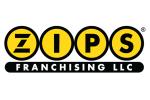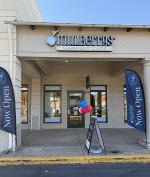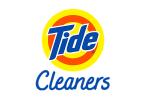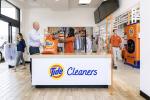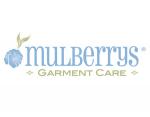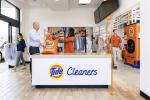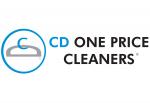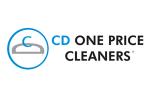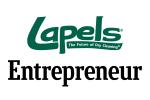CHICAGO — When those outside of the dry cleaning industry enter, there is a learning curve and a challenge to get up to speed as quickly as possible to establish profitability and grow their client list. The experiences they bring with, however, might help to light their path.
In Part 1 of this series, we discussed the first steps of cleaners entering the field, and the time and training that was necessary. Today, we’ll continue by examining some of the challenges these cleaners faced, as well as how they plan to keep up with, and ahead of, their competition.
Facing Challenges
Because David Nelson and his father, Brian, started their Boise, Idaho, Tide Cleaners franchise from scratch, there was one daunting challenge right out of the gate.
“It’s a pretty hefty investment in order to purchase all that equipment and get it situated,” he says. “You go into it with a lot of advice from other franchise owners and from Tide, but at the end of the day, it’s a leap of faith on your part — you hope you’re buying the right equipment and everything you need.”
The other main challenge Nelson faced was bringing in the right people.
“We had to train staff and have a crew, particularly a pressing crew, who could press effectively and efficiently and, essentially, learn a new skill set,” he says. “There wasn’t a single presser we have now who had any experience before this.”
Nelson still has that staff in place, but now with more experience under their belt.
“At the end of the day, to be successful,” he says, “you have to have the right people doing the right job in the right way.”
And, while the simplicity of the idea of dry cleaning first attracted Elverum to the field, the reality proved to be something different.
“When I got there, I realized it wasn’t as simple as I thought it was,” he says. “It’s not just an incremental increase in complexity to bring in additional services — it’s a significant increase. Take maintaining a route business. It’s not super difficult to grow a route business; it is super difficult to have a big route business that’s profitable.”
Installing lockers, getting into restoration and providing other services have added to the puzzle of balancing expenses with profitability.
“All of those layers of complexity make it necessary to be excellent in those areas,” Elverum says. “If you don’t, you might have higher revenue, but it’s not going to get to the bottom line. In fact, you may be hurting your bottom line. I’ve seen that it’s very easy to do that in this industry if you’re not careful.”
Keeping Ahead of Competition
Both Nelson and Patrick Elverum, the CEO of Turns, a company that recently purchased a Tide franchise of drycleaning and laundromat locations in the Dallas area, know that, in a competitive landscape, they need to use all the tools available to them to find and keep their customer base.
In Nelson’s case, he knew that his company would be competing against stores that have been in the area for almost 50 years.
“We separate ourselves in a couple of ways,” he says. “We are considerably faster. Our turnaround time is much quicker than all of our competitors by a long shot. We are next-day or even same-day. We also have two proprietary wetcleaning machines that nobody else in our market has, which allows us to be able to clean garments in more than one way and really take care of our guests and our customers.”
Increasing customer service has also been a focus for Nelson.
“We absolutely have the white-glove service here in our market,” he says. “We constantly receive reviews and comments about how they wish that all businesses treated their customers in this way. We really have top-notch people who work up front and their customer care is unmatched.”
“We’ve been able to use some creative ways to leverage technology,” Elverum says of his own company, “along with some proven sales tactics and processes to help the business scale.”
He’s proud of the victories his company has scored in the past year.
“One massive success we’ve had is taking our online reviews from a problem to best-in-class nationwide,” Elverum says. “We are 4.7 or better at all our locations and have hundreds of reviews in the last five months since we’ve started this initiative. The other major success we’ve had is our point-of-sale system — managing aged inventory and accounts receivable. That was a massive problem when I arrived, and we’ve wrangled that down in five months.”
While new ideas have brought success, Elverum believes it wouldn’t have been possible without input from his experienced staff.
“We’ve gotten a huge lift from combining their institutional knowledge and experience with some of the tactics that I brought from past experience from outside the industry,” he says. “It’s because of the combination of that cross-generational approach that those successes were born.”
Come back Thursday for the conclusion of this series, we’ll take a look at the advantages of cross-generational collaboration, as well as advice for new cleaners. For Part 1 of this series, click HERE.
Have a question or comment? E-mail our editor Dave Davis at [email protected].






